- All
- 6-3-4 Regeneration
- Adaptive Grazing & Livestock
- Crops & Small Grains
- Farm Economics & Finance
- Orchards, Vineyards, Gardening, & Specialty Crops
- Regenerative Success Stories
- Soil Health & Resource Management

New Poll: Regenerative Ag Benefits Include ‘Peace of Mind’
By Ron Nichols, SHA/UA Communications ConsultantUnder the heading of “In case you needed even more reasons to switch to regenerative farming,” a recent poll conducted by South Dakota State University indicates that a significantly higher percentage of farmers who are using soil health-improving practices in their operations experience less stress, are more satisfied with farming and are […]
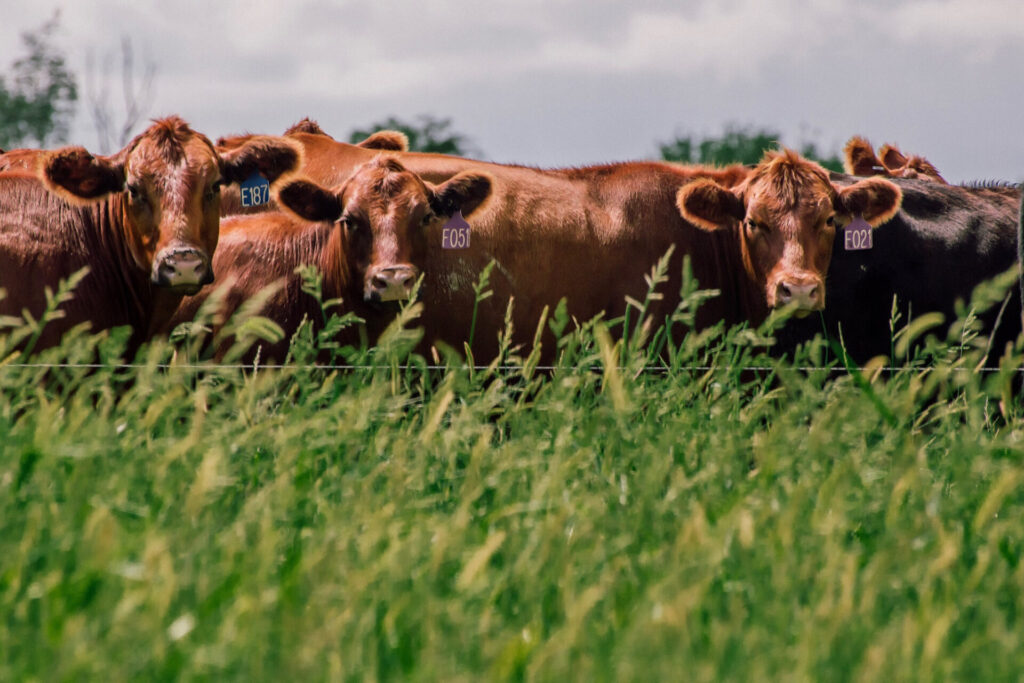
The Unintended Consequences of Fake Meat
Allen R Williams, Ph.D., SHA Instructor & Co-Founder Consumers are currently being bombarded with commercials and ads for various forms of what I term “fake meat.” Curiously, many who are manufacturing and selling these products, as well as their supporters, prefer to call them “clean proteins.” The ads appear to be almost everywhere—on the TV, […]
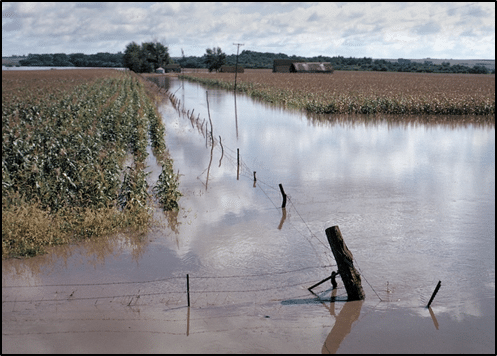
The Unintended Consequences of Poor Soil Health
By Allen R Williams, Ph.D.Understanding Ag, Partner & Consultant The Year 2019 presented numerous challenges to farmers and grazers, and consumers. Among them were significant flooding, dust storms, cyanobacteria (algal) blooms, prevent planting, glyphosate residue issues, and fake meats. Any one of these challenges is a serious enough issue to deal with, but all of […]

The Unintended Consequences of Conventional Ag
By Allen R Williams, Ph.D.Understanding Ag, Partner & Consultant Farming and food production have become hot-button issues today and can be a very confusing subject for consumers to sort out. Farming practices and food production have been linked to a number of things that consumers are concerned about including climate change, harmful runoff, animal welfare, […]

‘It Can’t Be Done Here’ and Other Regenerative Lessons from the Heart of the Dust Bowl
Michael “Storm” Casper, Understanding Ag, LLC. We farm in southeast Colorado, in the state’s semi-arid, 15-inch rainfall area. The elevation is around 4,500 feet and our relative humidity is dry most of the time. Typical dryland crop rotations include wheat, grain sorghum, summer fallow. Corn is also grown on dryland along with various other crops […]
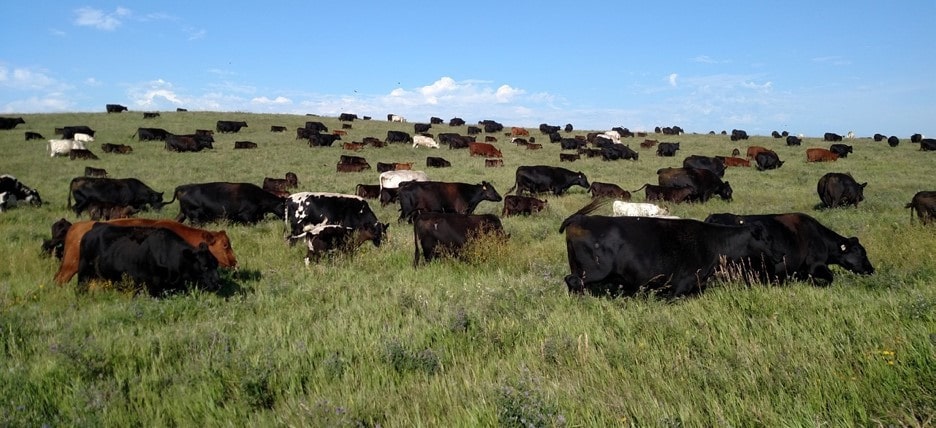
What’s the real value of your farm’s carbon? Let’s do the math.
By Shane New and Gabe BrownUnderstanding Ag, LLC There is a lot of talk going around rural America about paying farmers and ranchers to sequester carbon. Given the current low commodity prices, more money flowing to rural America would be welcome. But, what is that carbon really worth? We decided to do the math. Oil […]

Time for change: The compelling case for regenerative agriculture
Gabe Brown, Understanding Ag, LLC You cannot pick up a farm magazine, listen to a farm radio program, or talk to an agri-business spokesperson without hearing the words “regenerative agriculture.” But what is regenerative agriculture and why is it creating such interest?Merriam-Webster dictionary defines regeneration as, “a renewal or restoration of a biological system after […]
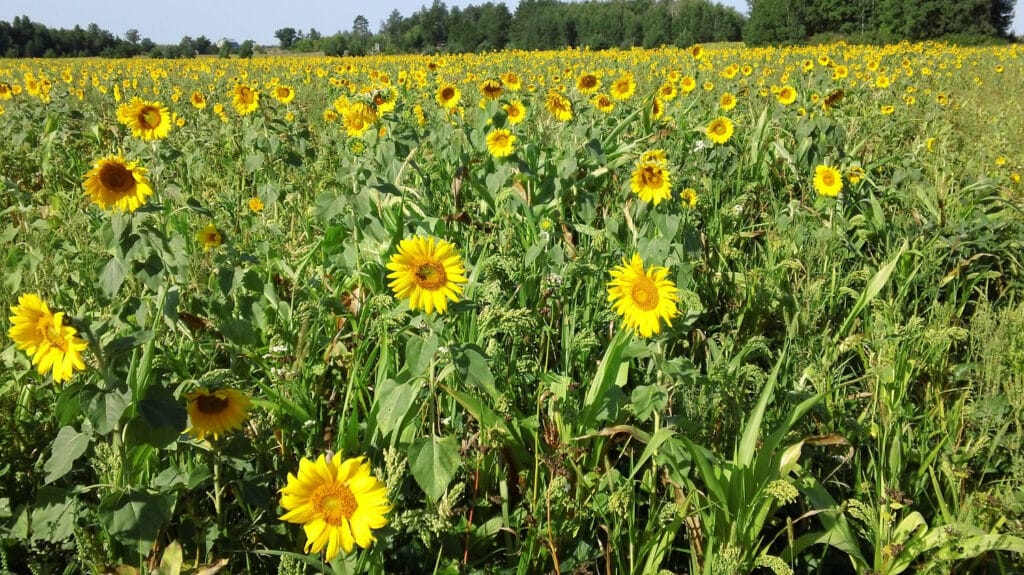
Do Cover Crops Pay?
By Kent Solberg, Understanding Ag, LLCWe have all seen the articles and heard the claims: Cover crops have many great benefits. However, from land grant universities to rural cafes people are asking “Yeah, but do cover crops pay?” In other words, is there an immediate return on investment? You should know that what you are […]

The story of Oktibbeha County, Mississippi A Microcosm of Our Dying Farms and Rural Communities
Author: Allen Williams PhD In the first half of the 1900’s Oktibbeha County, Mississippi had more than 800 small dairy farms. The large number of dairy farms earned the county the nickname of “Little Wisconsin.” These farms were using smaller breeds, like the Jersey and Guernsey, and the herds were primarily grazing. The climate at […]

Tribute to a Grazing Hero
Allen R Williams, Ph.D. Once in every few generations someone comes along who defies all conventions and turns things on their ear. To do this, it takes a truly unique person who does not care what their neighbors think or what the world thinks. Instead, they doggedly pursue what they believe to be right. Such […]

Nature: Friend or Foe?
By: Allen R Williams, Ph.D. Without even realizing it, for well over than a century, American farmers have had the idea that nature is a beast to be tamed and contained. If we want to be good farmers and ranchers we must conquer nature and overcome her. We have invented many mechanical and chemical tools […]
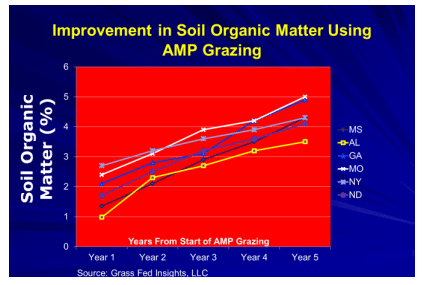
Three Principles to Graze By
My consulting partners and I teach a form of grazing that we call Adaptive Grazing. Adaptive grazing, also called Flex Grazing, is first and foremost not a rigid system or even a routine. It allows the practitioner to address multiple goals and objectives, and to adjust to changing conditions. The benefits derived from adaptive grazing […]
